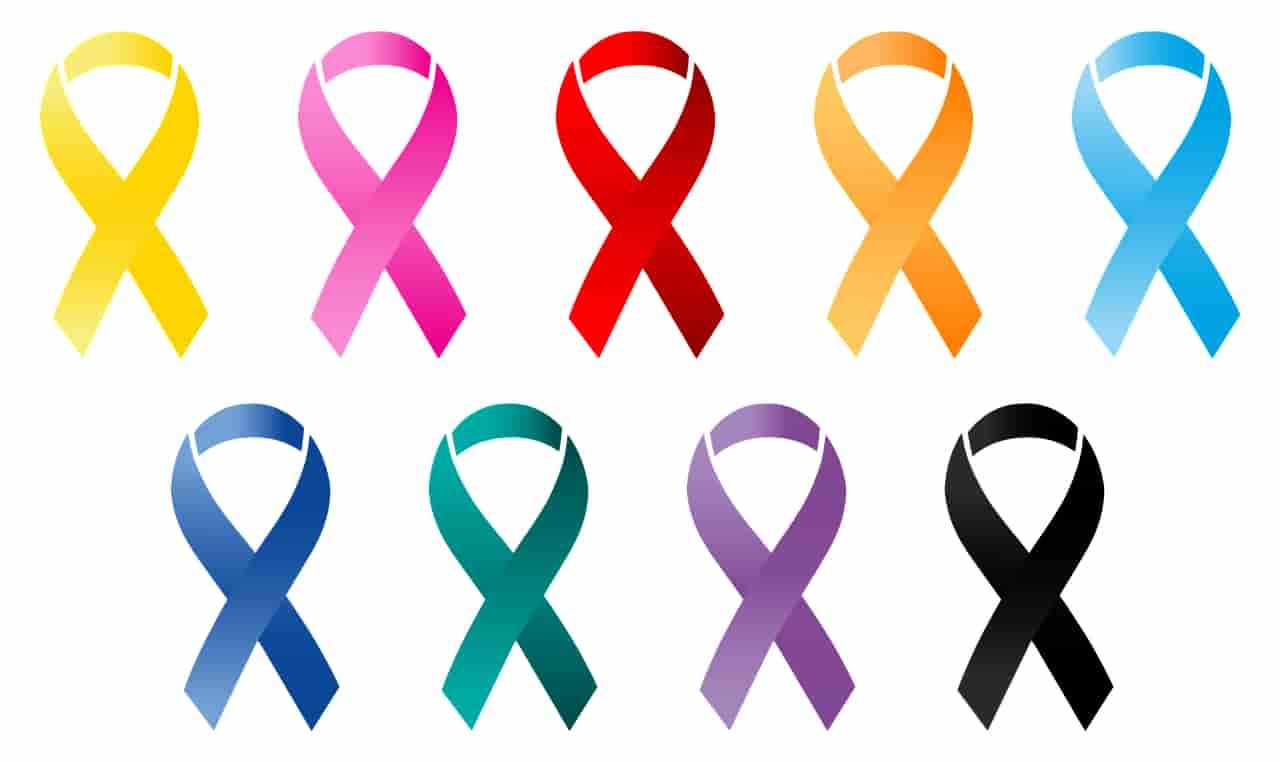Why Do Many People Get Cancer?
Half a century ago, the story goes, a person was much more likely to die of heart disease. Now having cancer on the verge of overtaking it as the No. 1. Why do many people get cancer?
Environmental conditions and lifestyle choices can also cause cancer. The toxins and pollutants that we come into contact with, wittingly or unwittingly, in our daily lives can trigger genetic mutations that cause cancer.
Age
As people get older, their cells accumulate more potential cancer mutations. Given a fairly long life, cancer will eventually kill you; unless you die first from something or other. That would be true even in a world free of carcinogens and equipped with the most powerful medical technology. Over time, our mitochondria get weaker and we can trigger mutations that lead to cancer. Mitochondria are the powerhouse of the cell. Mitochondria use oxygen, fat and sugar to make adenosine triphosphate (ATF). This process is known as ‘cellular respiration’.
Obesity (too fat)
Obesity (too fat), increases the risk of developing cancer. Obesity is a condition in which a person has an unhealthy amount and/or distribution of body fat. Visceral fat cells (viscera) are large and numerous. This excess fat doesn’t have much room for oxygen. And that low-oxygen environment triggers inflammation. But the long-term inflammation caused by excess visceral fat can damage your body and increase your risk for cancer. Cancer occurs when cells that divide and produce reproduce uncontrollably, damaging the cells around them and causing diseases. The more cells divide and reproduce, the higher the risk that something will go wrong and a tumor will form.
Lifestyle
Lifestyle choices and maintaining a healthy lifestyle is not easy for many people. Reducing tobacco use (because of carcinogenic chemicals), limiting alcohol, controlling weight and changing eating habits to eliminate overly processed, GMO (Genetically Modified Organisms) and chemical-containing foods are important steps to prevent and even treat cancer.
Smoking, drinking and consuming junk food
No matter how much smoking, drinking and consuming junk food may seem “fun” – they will shorten your lifespan over time. They weaken your immune system, cause inflammation throughout the body and make you susceptible to disease.
DNA
Cells that carry a genetic mutation due to DNA damage are the cells that can become cancerous. As genetic mutations accumulate over time, there is a higher risk that we will get cancer as we age.
Cancer also appears to be more common as our ability to detect cancer is improved. It was common in the past few years that people died of unknown causes and doctors did not have the tools to properly diagnose cancer as the reason. These days, most people have mammograms, pap smears, and PSA tests for common cancers. This assessment has led to a dramatic increase in the diagnosis of early-stage cancer (side note – some researchers argue that we are actually overdiagnosing early-stage cancer).
Cancer begins when cells in our body start reproducing out of control, forming new and abnormal cells. These abnormal cells form lumps, known as tumors.
Read also: Long term side effects of cancer treatment (Late effects) for cancer survivors
Understanding the Rise in Cancer Rates to Help You Understand Your Risk of Getting Cancer
Cancer is a complex disease that can grow from multiple risk factors, which makes it difficult to manage as described. However, advances in research and therapy have made it clear how cancer begins. But why does it seem that more people have cancer than ever before?
Most cancers can be traced to genetic mutations which are, to some extent, completely natural. As your cells grow, develop, die and repeat the process, random genetic mutations will occur that make some cells resistant to damage or other healthy cells more susceptible to death.
Once these mutations defeat surrounding healthy cells, the mutated cells can grow together to form cancerous tumors and effectively take over areas of the tissue.
So, what could explain the increase in cases of cancer? Why do many people get cancer? While human genes have not changed drastically in recent years, conditions in and around them have shifted.
Lifestyle factors, such as diet and bad habits, certainly play a role in the health of your cells, as do your life expectancy and even the work you do. Chronic disease rates have declined in recent decades, but cancer doesn’t behave the same way, for several reasons.
Better Diagnosis Means Greater Survival
There may be more cases of cancer being diagnosed now, but cancer survival rates have seen a remarkable increase in recent years. Experts estimate that there are approximately 14.5 million cancer survivors in the United States and many lead full and healthy lives.
As advances in diagnostic tools and techniques mean many cancers are caught earlier, when they were much more responsive to treatment, it is important to keep rising cancer statistics in perspective. Coping with cancer is never easy, but you can take some comfort in the fact that predictions have never been better than they are now.
Information: Cleverly Smart is not a substitute for a doctor. Always consult a doctor to treat your health condition.
Sources: PinterPandai, Live Science, New York Times, Cancer Living, MD Anderson, NIH (National Institute of Health), Radlogic
Photo credit: Gwen_30 / Pixabay (Pixabay License: Free for commercial use. No attribution required)



